More than 14% of Mobile Apps Leave User Data on Unsecured Servers
hoaict - Mar 18, 2021

People worldwide are using smartphones that store business data, emails, photographs, and other data. But do we secure our mobile devices against all cybersecurity threats?
Even so, this data is often confidential business or personal information, and although having so much information at your fingertips is convenient, it often exposes you to cybersecurity threats.
Credit card numbers, secondary login credentials (a protection mechanism used in internet banking, Gmail, and Facebook, particularly when logging in from a new computer or destination), private information, and personal media such as photos and videos are among the data targeted by digital threats.
Why are mobile devices more vulnerable to cybersecurity threats?
Even if we overlook the possibility, today's smartphones are powerful computers that are vulnerable to malware attacks. Malware uses Wi-Fi networks, messages, browsers, and software platforms to exploit weaknesses in mobile communications.
Third-party databases, including Amazon, Google, and Microsoft, make it easy to access user data without thinking about coding. Unfortunately, developers usually fail to encrypt these servers, leaving user data exposed for anyone to locate and steal.
According to new Zimperium findings, this happens in all app types, irrespective of the company. They discovered that 14 percent of iOS and Android apps which use cloud services were susceptible to attack due to unencrypted configuration. According to the same report, hundreds of thousands of application developers make errors in providing protected data to users due to the lack of cloud security procedures.
Furthermore, the number of unsecured apps on iOS is considerably higher, with 84 thousand unsecured apps compared to 47 thousand unsecured Android apps. Hackers will benefit immensely from this because they will have easy access to personal user data saved on the software company's server.
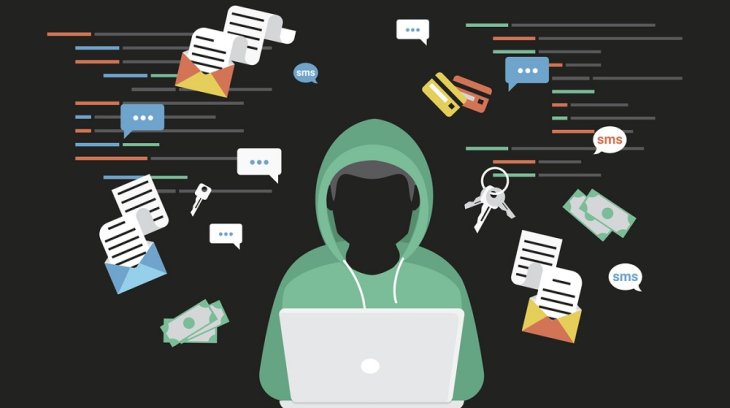
How malicious software exploits our mobile vulnerabilities?
There are several reasons and methods when hackers or malicious attacks benefit from using mobile data. Now let's look at the most crucial ones among them.
Open-Source Software / App Development
Since Google's Android operating system is open-source software that anybody can download and run applications for, it is more prone to malware attacks. On the other hand, Apple requires developers to apply for a license to use iOS software with an app, making their applications less susceptible to ransomware. That being said, this will not mean they are entirely protected from mobile threats, as developers cannot establish comprehensive security for iOS devices adhere to stringent application development regulations.
Wi-Fi that is not safe
When there are Wi-Fi hotspots, no one ever wants to waste their mobile internet, but free Wi-Fi networks are usually insecure. PayPal accounts, credit card information, and even VoIP calls can all be easily intercepted due to this by mobile spies. To be secure, use free Wi-Fi on your mobile device when necessary, but never use it to view sensitive or personal details like banking or credit card numbers.
Phishing Attacks
Generally, mobile devices are the initial target of many phishing attacks. Users of mobile devices are more exposed. Because we know that they are more likely to fall for the click-bait when they receive legitimate-looking messages. New pages or security bulletins are often notified to desktop users who only check their emails daily or less frequently. You should not click on a link in an email that you don't know. On a smaller smartphone screen, these may be more difficult to check.
Session Control Errors
Most apps use tokens, which enable people to log in without re-authenticating to provide ease of access for mobile device activities. Apps produce these as a way to recognize computers, similar to keys and passwords. With each session, secure apps create new tokens. On the other hand, incorrect access management happens when applications exchange session tokens with malicious actors, allowing them to characterize as authorized customers.
Data Breach
Malevolent mobile applications can cause data leaks. Mobile malware distributes valuable information to enterprise networks without communicating by using codes unique to iOS and Android. To avoid this issue, only allow critical applications and terminate programs that request more permissions than would be needed.
How to secure your devices from mobile security threats?
Use a VPN
Virtual Private Network is an approach used by many corporate companies to provide security. VPNs' main task is to create a private, anonymous, and extra secure internet connection for you. It would be a logical solution to use a VPN when sharing a password, credit card, or account information, especially on the above-mentioned unsecured internet connections. It is quite easy to find, download and use VPN software. Like other applications, you can download it to your mobile device and activate security measures automatically. Choosing the right free VPN for you is also an option. Detailed information for this can be found in this guide on the best free VPNs.
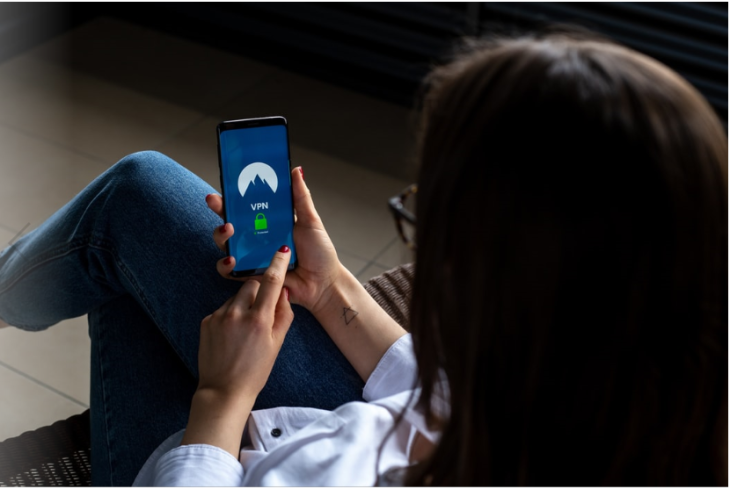
Pay attention to the text and email messages.
Since text messages and emails are easy targets for malicious software in mobile, users should avoid sending sensitive data or personal information via text or email.
In your browser, look for the lock icon.
The lock icon shown at the beginning of the browser's address bar shows that you are connected to a stable and well-known network. While entering confidential info such as your username or account details, or exchanging emails from your mobile browser, look for this icon.
Check to see if the app you want to download is from well-known companies.
Amazon and eBay, for example, also have their smartphone applications. If you use these applications, make sure they are the company's official apps before installing them.
>>>OnePlus 9 Pro Touts A Better 120Hz Screen Than Samsung Galaxy S21 Ultra
Featured Stories
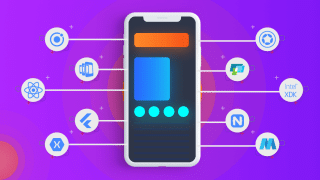
Mobile - Dec 04, 2023
Most Widely-Used Cross-Platform Mobile App Development Frameworks
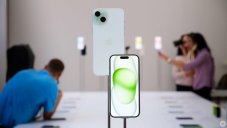
Mobile - Sep 28, 2023
Why iPhone 15 Costs A Lot Even Though It's Made in India?
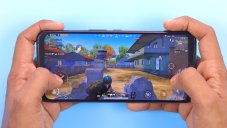
Mobile - Aug 15, 2023
4 Ways AI Could Change The Mobile Gaming Industry
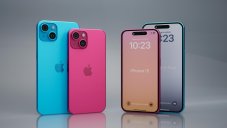
Mobile - Aug 09, 2023
Apple iPhone 15 Launch Date in India, Price, Specifications & More

Mobile - Jul 28, 2023
Best Gaming Smartphones In 2023 Game Enthusiasts Should Know
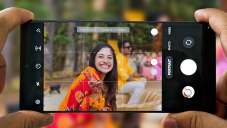
Mobile - Jul 28, 2023
Which Smartphone Has The Best Camera 2023?

Mobile - Jul 12, 2023
Samsung Galaxy F54 5G Price in India (July 2023)

Review - Oct 18, 2022
Online Gambling in India is Flourishing

Mobile - Sep 27, 2022
Three Reasons Why the Gaming Community is Focusing more on Playing Mobile Games

Mobile - Sep 22, 2022
Comments
Sort by Newest | Popular